History of Voting Rights in the United States Curated for Middle and High School Students.
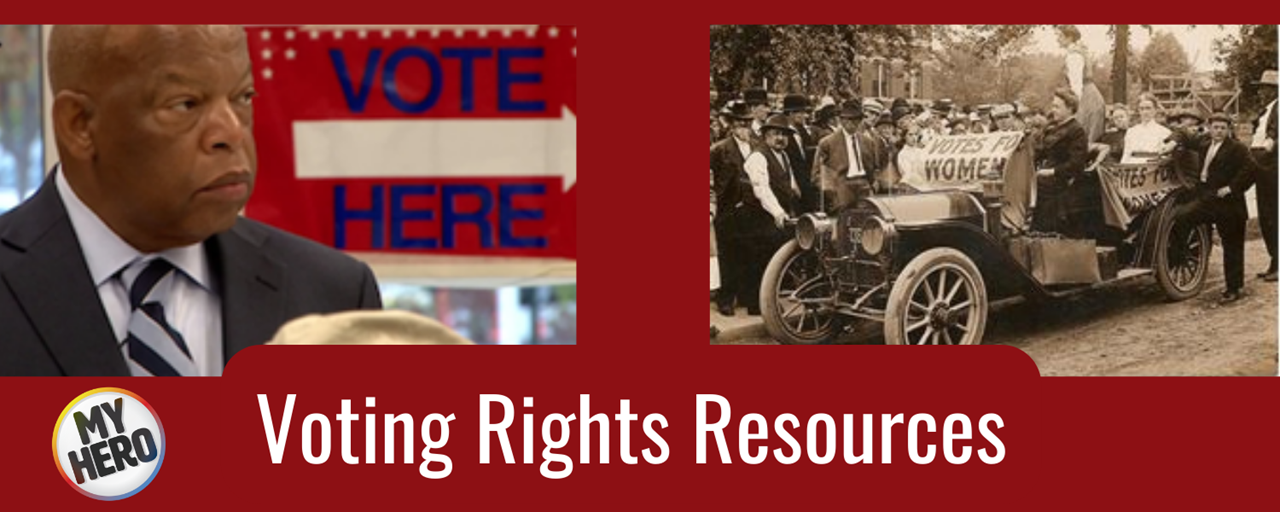
History of Women's Voting Rights
Suffrage is the right to vote in a political election. Prior to the 19th Amendment in 1920, women in the United States did not have the right to vote. Hence, someone who peacefully campaigned for equal rights for women was known as a suffragist. The development of the 19th-century suffragist movement can be seen to begin when women began to be able to pray aloud in church. It also grew out of the Abolitionist (anti-slavery) movement. Suffragism and Abolitionism had a close and complicated history.
Many suffragist women political and intellectual leaders came out of the Abolitionist (anti-slavery) movement, as they were allowed to speak publicly in these circles in the 1830s.
Mott wrote a "Declaration of Sentiments" based on the Declaration of Independence, and a resolution to fight for women's causes--which controversially included the women's right to vote.
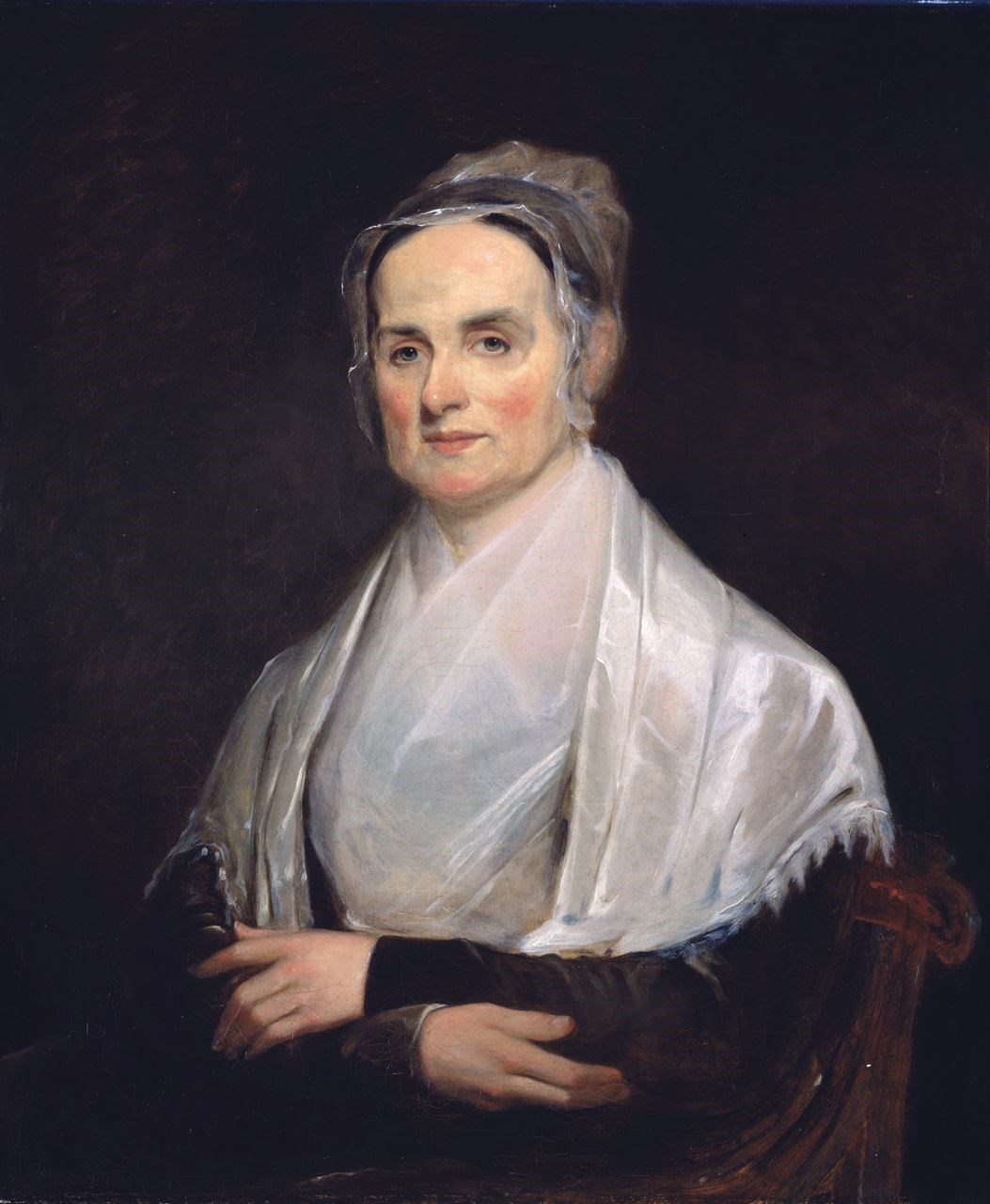
"Eight years later in Seneca Falls, New York, Mott and Stanton fulfilled the pledge they had made to each other in London and held the first woman's rights convention in America.”
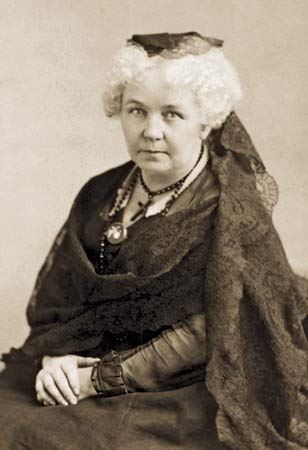
In 1848, with the help of Stanton, the Married Woman’s Property Act of New York was passed.
Alice Paul and Lucy Stone formed the National Women's Party in 1916 to fight for women's suffrage.
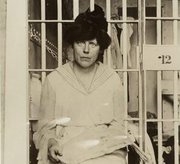
Lucy Burns was an American suffragist and women's rights advocate. She formed the National Woman's Party with Alice Paul.
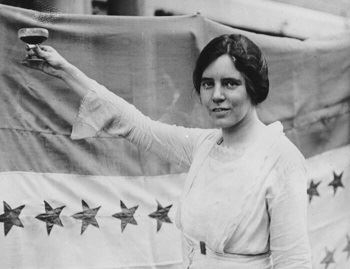
Alice Paul was a suffragist and leader for the 19th Amendment to the US Constitution, which granted women the right to vote. She picketted the White House and organized boycotts.
Rankin was part of the successful effort to give women the right to vote in her home state of Montana, which was passed in 1914. In 1917, when she became a member of Congress, she helped create the Committee on Woman Suffrage and was on the special committee. This committee reported on the 19th Amendment for women's suffrage. Rankin was able to get this on the House Floor for a debate in 1918, the first time it was ever debated. It did not pass, however, until 1920.
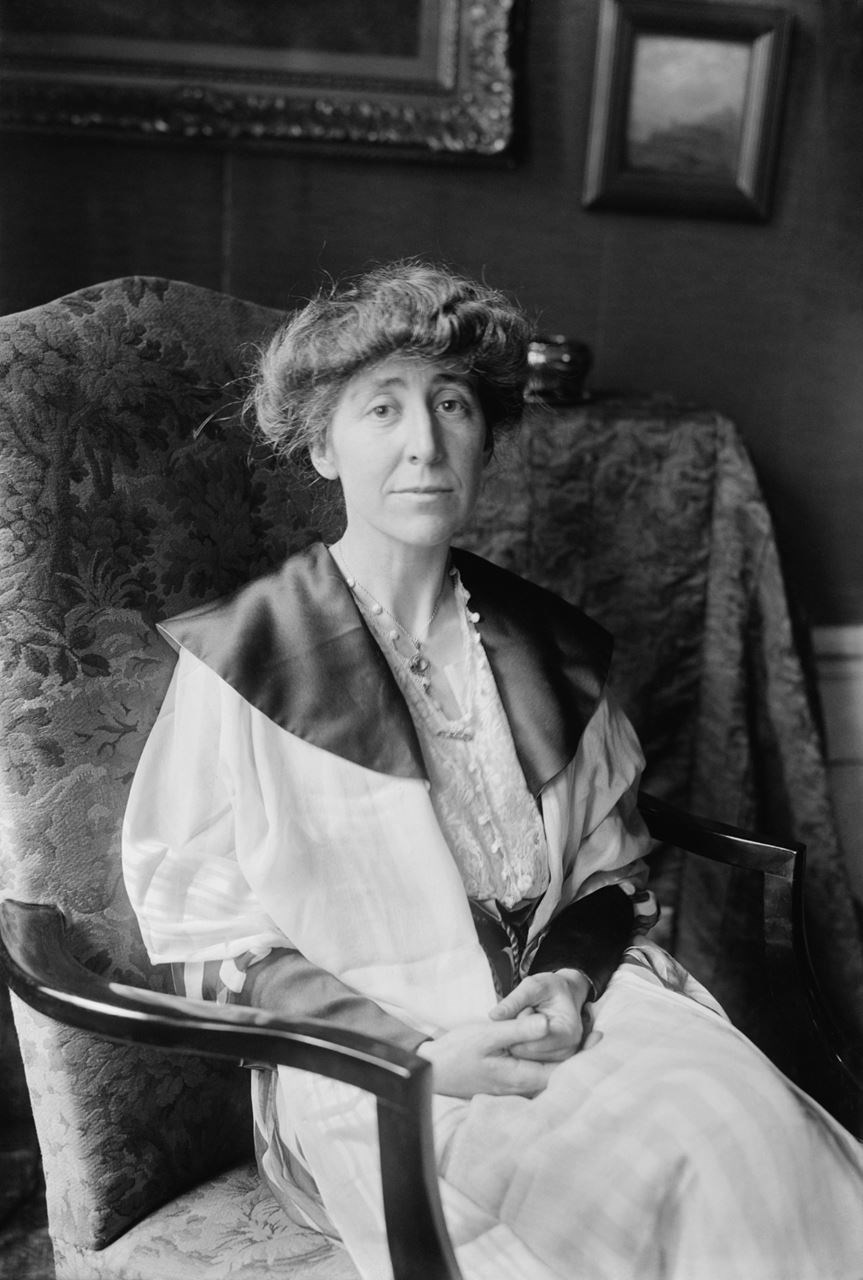
Jeanette Rankin, the first Congresswoman, fought for suffrage, equal pay, child welfare, laws to protect working women, and birth control and introduced the first debate on unrestricted voting rights to women.
Additional stories about women suffragettes.
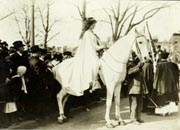
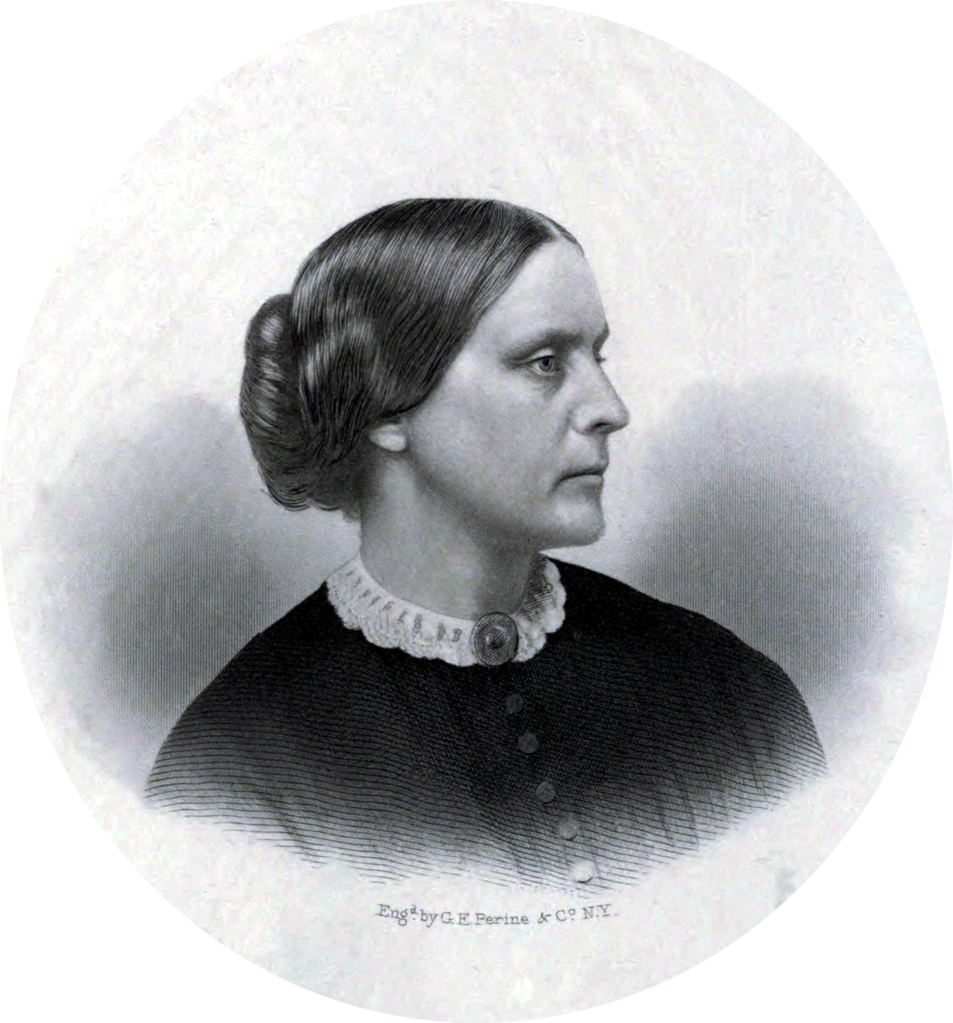
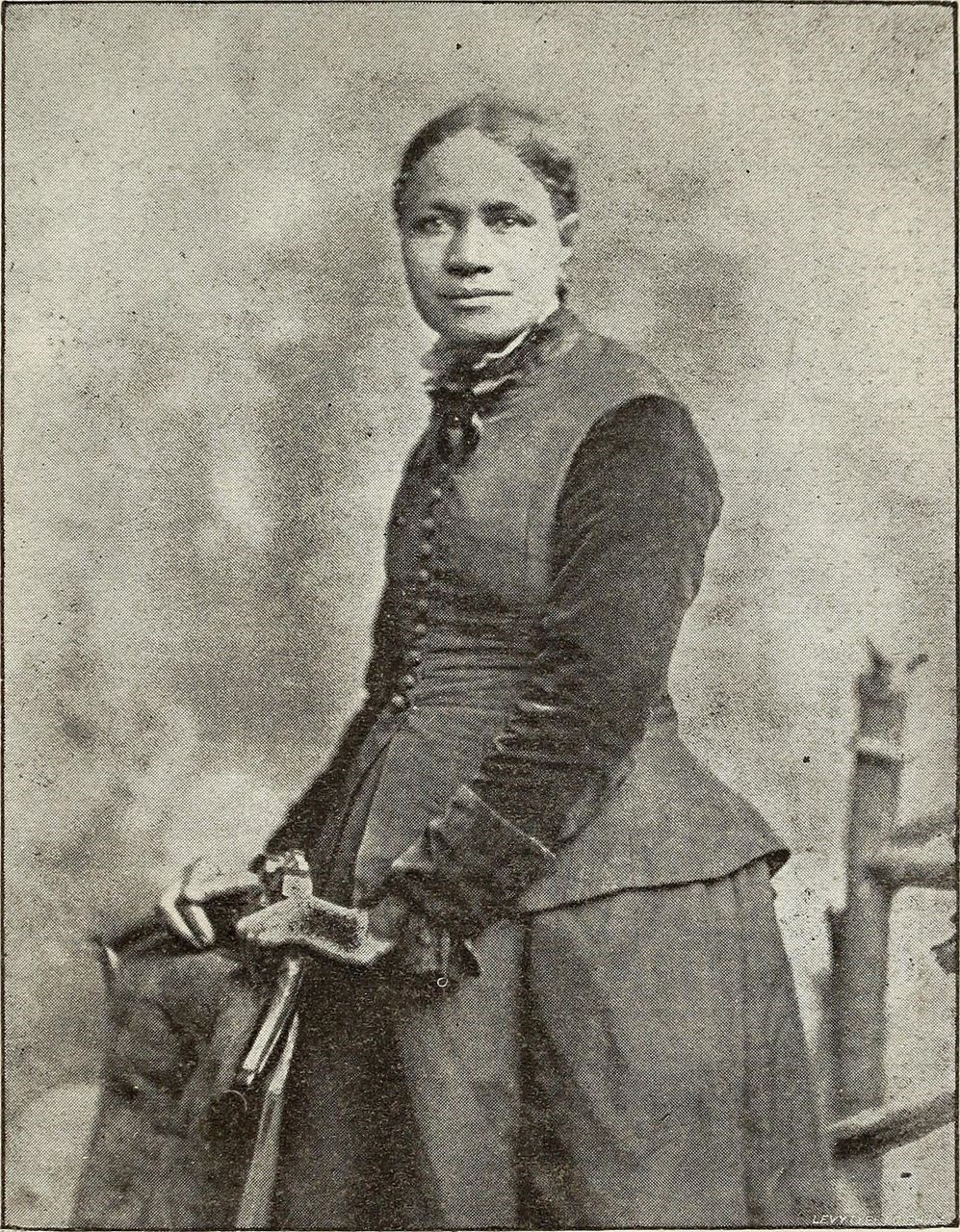
Frances Ellen Watkins was a prolific author, poet, abolitionist and suffragist. In 1866, at the National Women's Rights Convention, she demanded equal rights for all, including Black women.
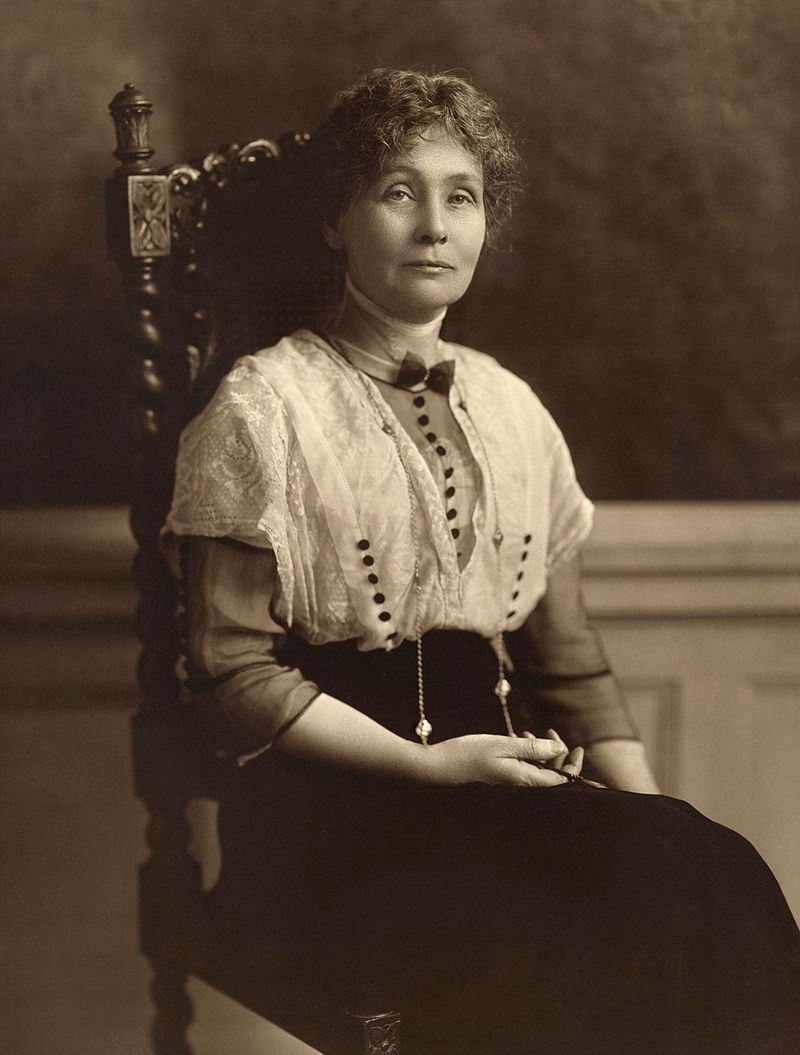
The 19th Amendment was adopted on August 18, 1920, and stated: "The right of citizens of the United States to vote shall not be denied or abridged by the United States or by any State on account of sex."
Featured Art
On March 8, 1911, the world celebrated the first-ever International Women's Day. It was part of the women's suffrage movement, which was in full swing in European and North American countries: Women wanted to vote, and they wanted to have the same rights as men. In 1986, National Women's History Month was declared in the US.
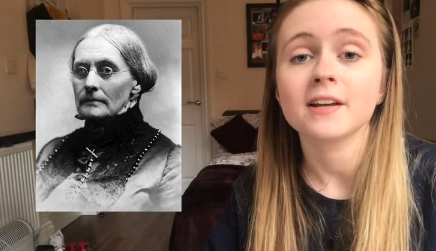
A brief look at the journey towards Equity for Women and the Women's Suffragette Movement directed and narrated by MY HERO intern Kitty Richardson.
Do research on the voting rights and laws in other countries. Are they similar to the United States?
Where are people denied the right to vote?
Black Americans and the Vote
The Fifteenth Amendment was ratified in 1870 and extended voting rights to men of all races. However, this amendment was not enough because African Americans were still denied the right to vote by state constitutions and laws, poll taxes, literacy tests, the “grandfather clause,” and outright intimidation.
The Twenty-fourth Amendment was ratified in 1964 and partly addressed this issue by prohibiting the use of poll taxes in federal elections.
The Voting Rights Act of 1965 secured voting rights for adult citizens of all races and genders in the form of federal laws that enforced the amendments.
View Short Films
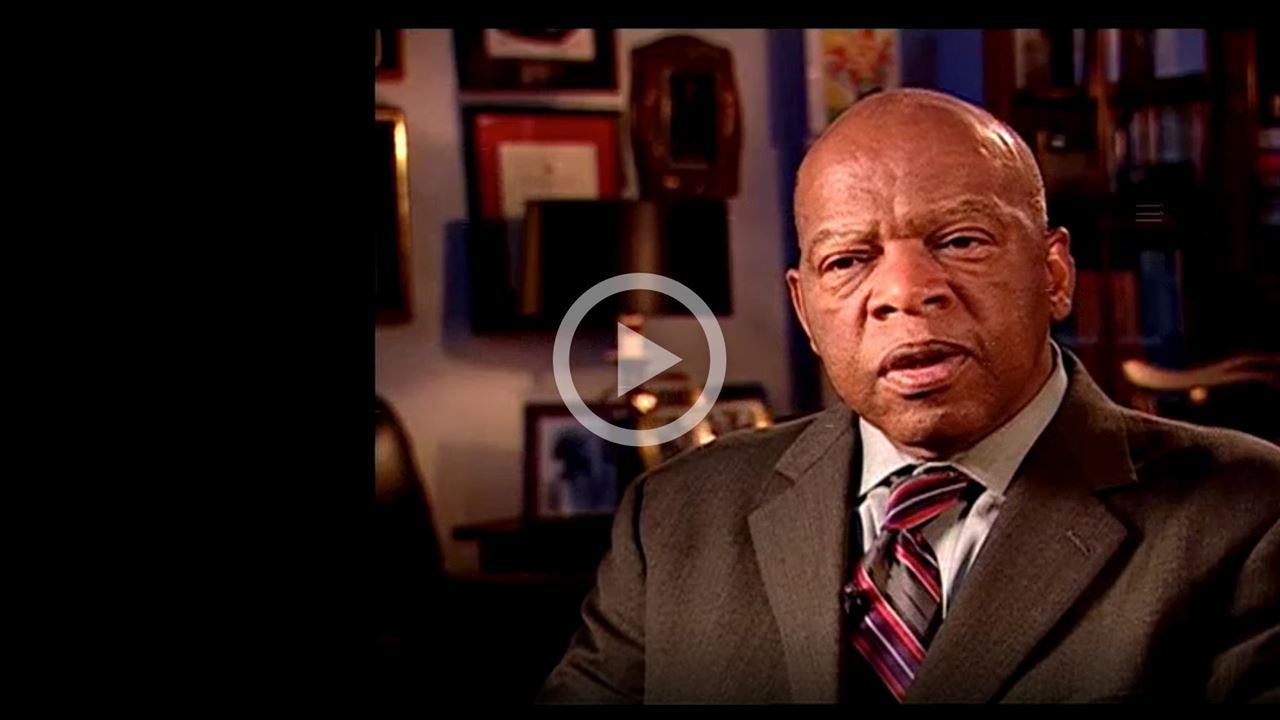
John Lewis, U.S. Congressman, speaks about the importance of being a good citizen. (5:45 minutes run time)
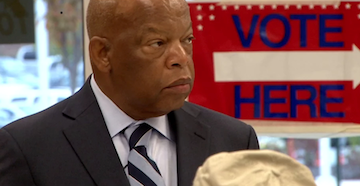
In 1965, John Lewis, then a young student, co-led hundreds of peaceful marchers in the Selma March seeking voting rights for African Americans in the South. (2:00 minutes run time)
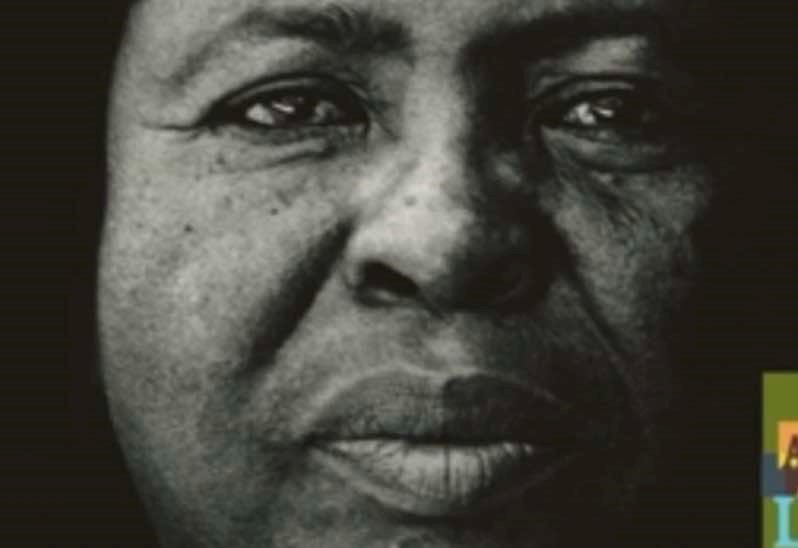
Middle School student's documentary is about the unsung hero Fannie Lou Hamer who helped African Americans receive their right to vote.
Stories
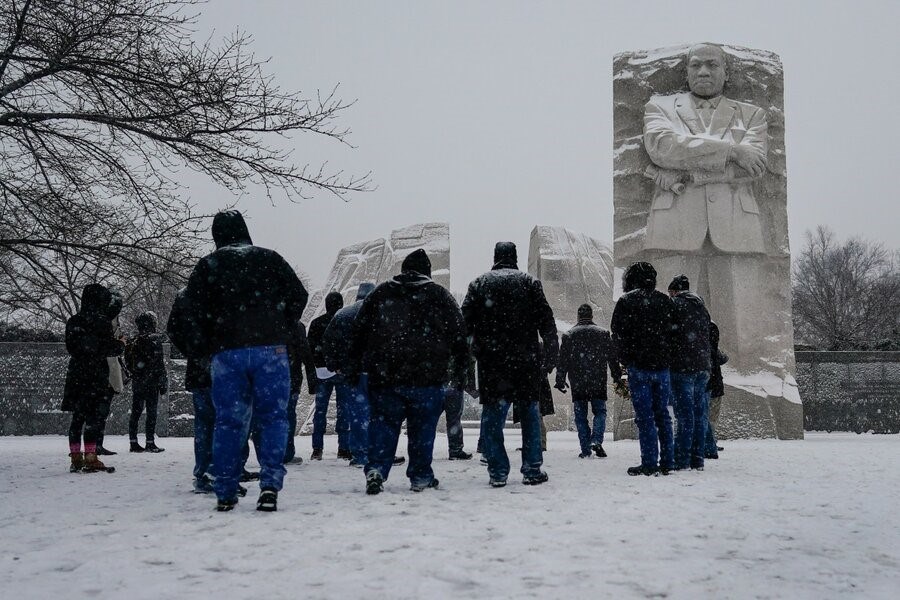
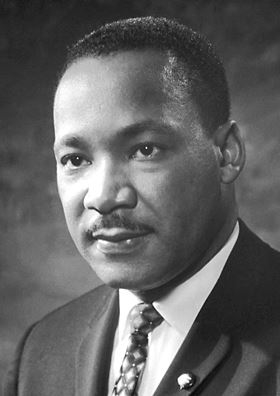
Congressman John Lewis talks about how Martin Luther King Jr. inspired him as a young man during the Civil Rights Movement.
Story with Text and Audio so students can listen as they read along.
In the film Citizenship, Congressman John Lewis states when the laws conflict with our conscience, we have an obligation to disobey the laws. Do you agree or disagree with Lewis?
Why is Get in the Way an appropriate title for the film about John Lewis?
Learn more about John Lewis and others who were involved in the Civil Rights Movement.
Share the story of a lesser-known civil rights activist with MY HERO through film, essay, or art using MY HERO's Create Program. Click here for a tutorial on MY HERO's Digitial Storytelling Tools.
 |
This resource about the History of Voting in the United States was created by MY HERO Education Outreach Director Laura Nietzer. |
Organizer created on 7/5/2022 10:22:55 AM by Laura Nietzer
Last edited 6/25/2024 9:53:38 AM by Laura Nietzer